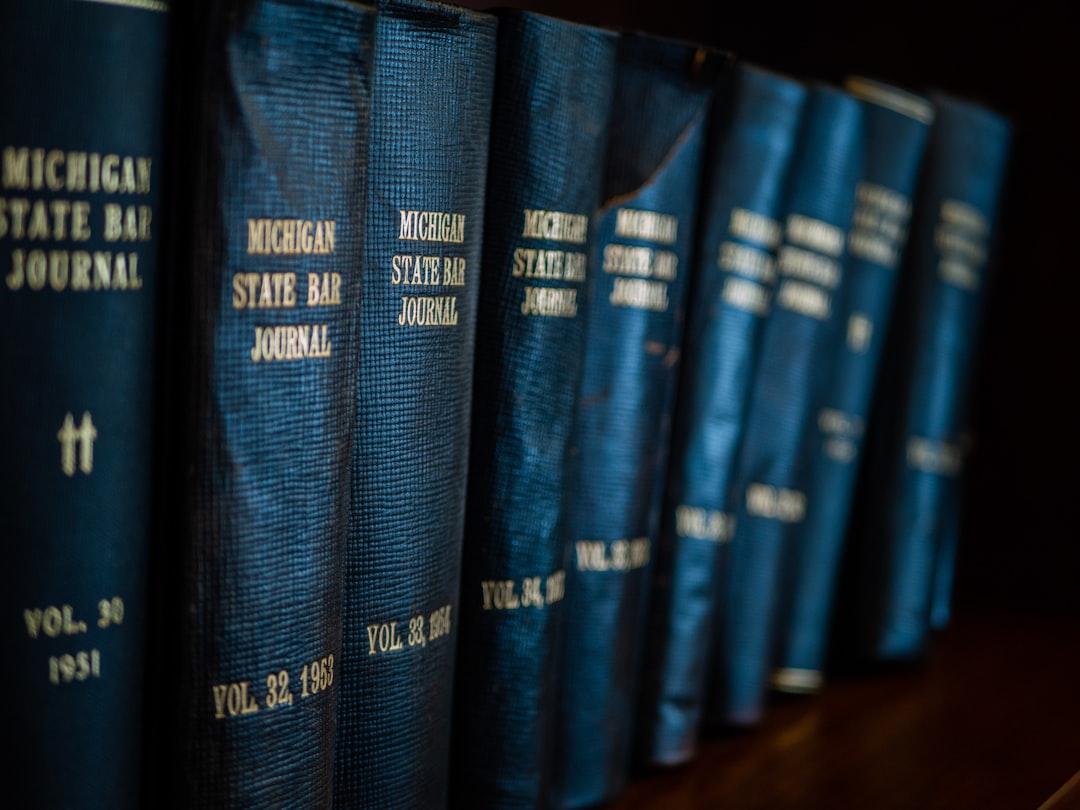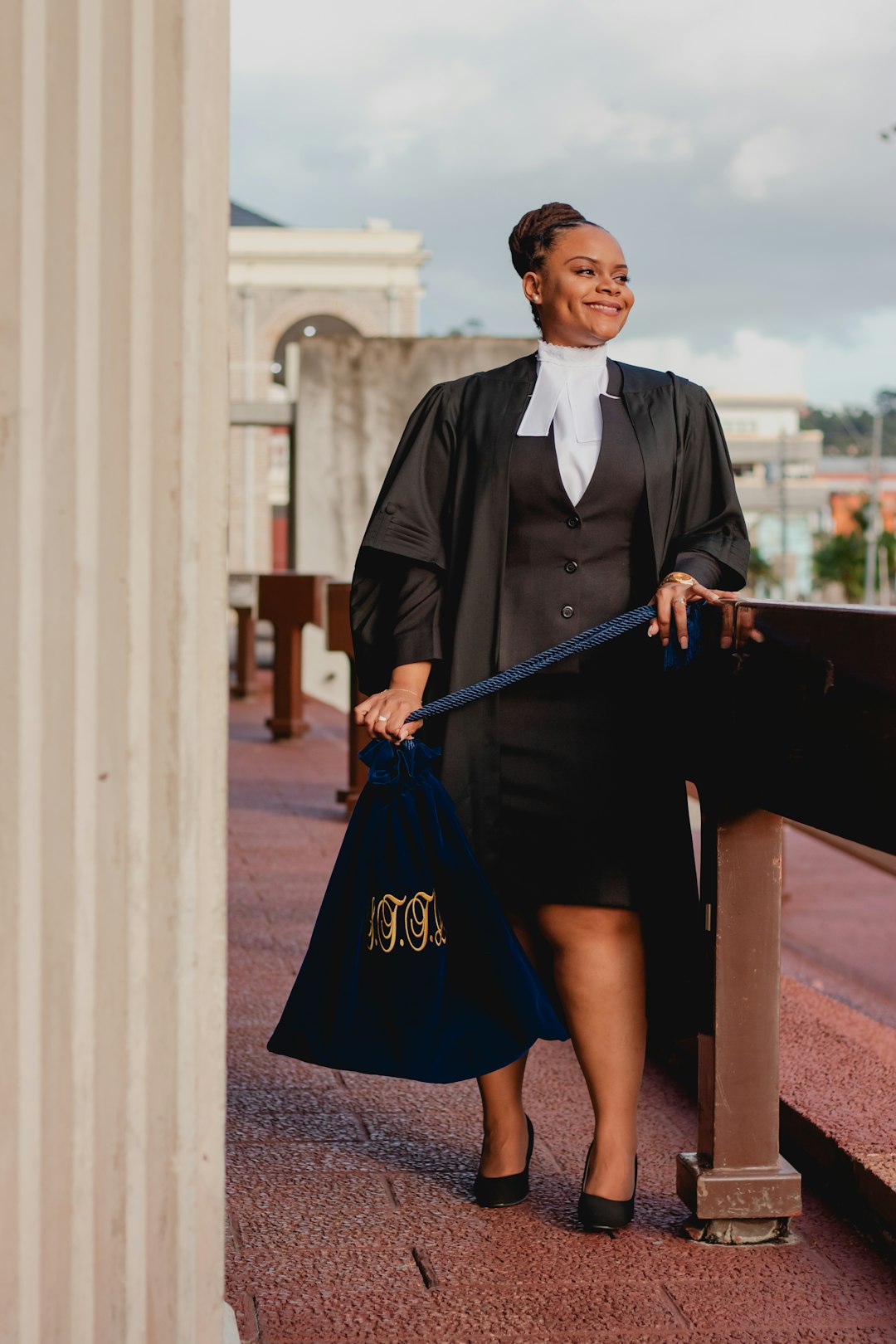In Missouri, child abuse is broadly defined and includes physical, emotional, and sexual abuse as well as neglect. Anyone with reasonable cause must immediately report suspected cases to local law enforcement or the Division of Family Services (DFS). Music educators, leaders, and parents share a duty to safeguard young musicians through safe spaces, staff screenings, policies against abuse, and prompt reporting. Survivors have access to non-profit organizations offering counseling and legal aid, while prevention strategies include education, awareness, and training programs. Collaboration between parents, teachers, conductors, and child abuse lawyers Missouri is crucial in protecting vulnerable children.
In Missouri, child abuse within youth choirs and orchestras is a serious concern that demands meticulous attention. This article delves into the state’s stringent laws surrounding child abuse, focusing on musical ensembles. We explore Missouri’s legal definitions, reporting obligations, and the pivotal roles of music teachers, directors, and parents/guardians in preventing and addressing such issues. Additionally, we provide resources for survivors and highlight prevention strategies across the state’s musical communities, with insights from leading child abuse lawyers Missouri and firms dedicated to safeguarding our youth.
Missouri's Legal Definition and Reporting Requirements for Child Abuse in Musical Ensembles

In Missouri, child abuse is defined as any act or omission that causes harm to a minor and includes physical, emotional, or sexual abuse, as well as neglect. This definition extends to various forms of mistreatment within musical ensembles, such as youth choirs and orchestras. When individuals suspect or witness child abuse in these settings, they have a legal obligation to report it. Missouri law requires any person who has reasonable cause to believe that a child is abused or neglected to immediately report the suspected abuse to the appropriate local law enforcement agency or the Division of Family Services (DFS).
Reporting requirements are clear and stringent. Failure to comply can result in penalties for non-compliance. A child abuse lawyer Missouri or an experienced child abuse attorney Missouri can guide parents, caregivers, and musical ensemble directors through these legal obligations, ensuring that any suspected instances of child abuse are properly reported and addressed. For those seeking justice and support, a reputable child abuse law firm Missouri offers specialized services, including representation for victims of child sexual assault lawyers Missouri, to navigate the complex legal landscape surrounding these sensitive issues.
Roles and Responsibilities of Music Teachers, Directors, and Parents/Guardians

Music teachers, directors, and parents/guardians play pivotal roles in ensuring the safety and well-being of young musicians in Missouri choirs and orchestras. Teachers and directors are responsible for creating a secure environment, implementing strict screening processes for all staff and volunteers, and establishing clear policies against child abuse and sexual harassment. They must also report any suspected instances of abuse or neglect to the appropriate authorities, such as law enforcement or the Department of Social Services.
Parents/guardians bear the crucial responsibility of consenting to their children’s participation, understanding the activities involved, and remaining actively engaged in their child’s experience. They should be informed about the organization’s safety protocols, reporting procedures, and disciplinary actions. By collaborating closely with teachers, directors, and other parents, they can help foster a culture of accountability and protect their children from potential harm, assisted by reputable Missouri child abuse lawyers and firms specializing in child protection cases.
Resources and Support for Survivors and Prevention Strategies in Missouri's Musical Communities

In Missouri, survivors of child abuse within youth choirs and orchestras can find support through various resources. Many non-profit organizations offer counseling services, legal aid, and emotional support specifically tailored to address the unique challenges faced by individuals who have experienced sexual assault or other forms of mistreatment in their musical communities. These organizations often work closely with local law enforcement and child protective services to ensure a comprehensive approach to prevention and healing.
Prevention strategies in Missouri’s musical landscape involve education, awareness, and proactive measures. Schools, community centers, and musical groups are encouraged to implement training programs that teach recognizing signs of abuse, responding appropriately, and promoting a safe environment for young musicians. Collaboration among parents, teachers, conductors, and attorneys specializing in child abuse cases (such as those from reputable child abuse lawyer Missouri firms) is crucial in identifying potential risks, reporting incidents promptly, and providing necessary interventions to protect vulnerable children.





